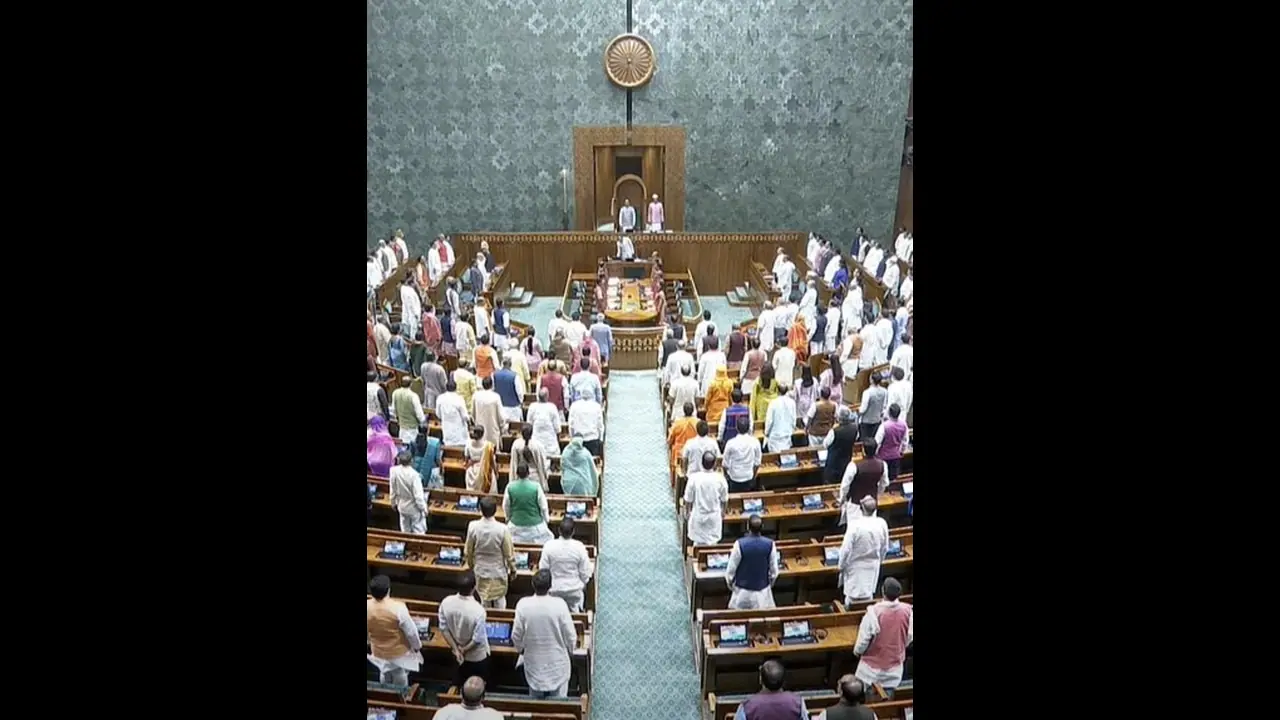The Lok Sabha introduced the constitutional amendment bill, known as the Nari Shakti Vandan Adhiniyam, on Tuesday. This bill seeks to provide 33 percent reservation for women in both the Lok Sabha and state assemblies.
The Women's Reservation Bill, which guarantees 33 percent reservation for women in both the Lok Sabha and state legislative assemblies, received resounding support in the Lok Sabha as 454 Members of Parliament voted in favor of the bill. Only two MPs opposed it, marking a significant step forward in the journey towards achieving gender equality in Indian politics.

The Lok Sabha introduced the constitutional amendment bill, known as the Nari Shakti Vandan Adhiniyam, on Tuesday. This bill seeks to provide 33 percent reservation for women in both the Lok Sabha and state assemblies. However, it comes with certain conditions. The bill will only come into effect after the completion of a delimitation exercise for Lok Sabha constituencies, which will be carried out following the next population census. Consequently, the bill is not expected to be implemented in time for the upcoming Lok Sabha elections in 2024.
Union Home Minister Amit Shah emphasized that a census would be conducted to implement the legislation immediately after the elections. He also stated that a delimitation exercise would be conducted shortly after the Lok Sabha elections, as the current seat allocation for states is based on the 1971 Census. Shah questioned the critics of the process and its timing, emphasizing the need for transparency in determining the reserved seats.
In response to the bill, a Congress leader in the Lok Sabha expressed support for the Women's Reservation Bill as a significant step toward empowering a specific segment of the Indian population. However, the leader advocated for a separate quota for individuals belonging to the Other Backward Classes (OBCs) within the legislation.
Additionally, the Congress leader argued that there was no need to wait for the census and delimitation exercise, as specified in the bill, to implement the women's reservation.
